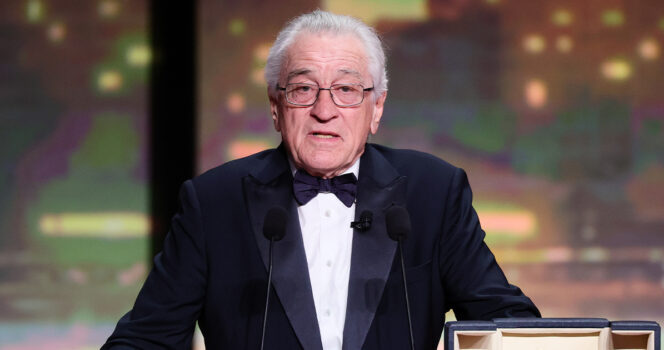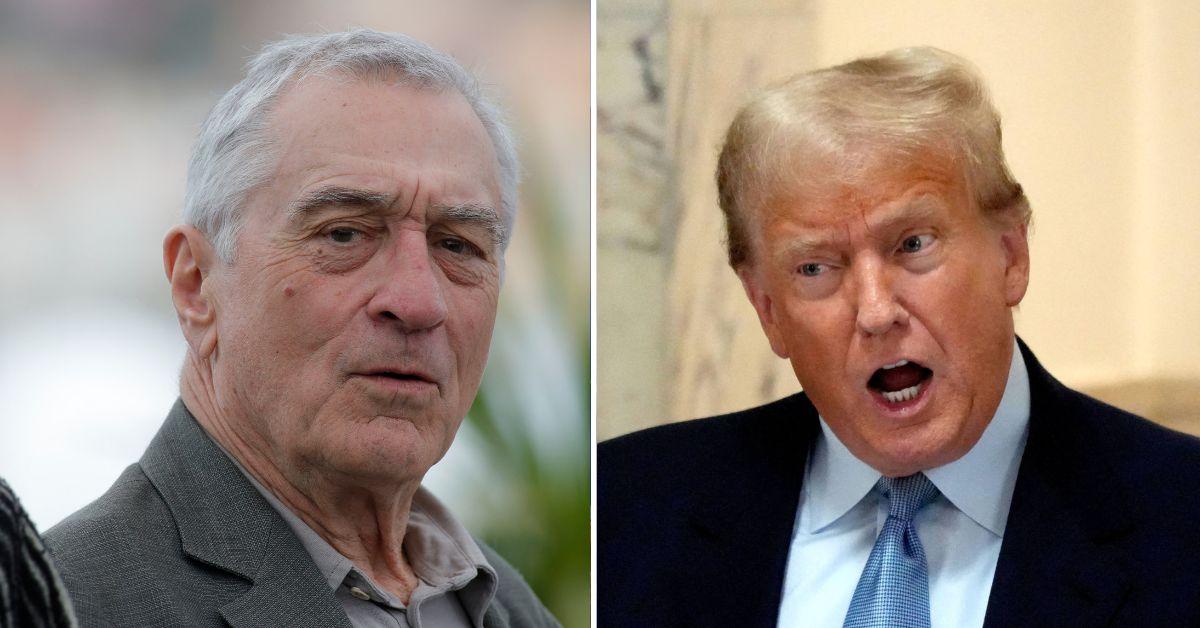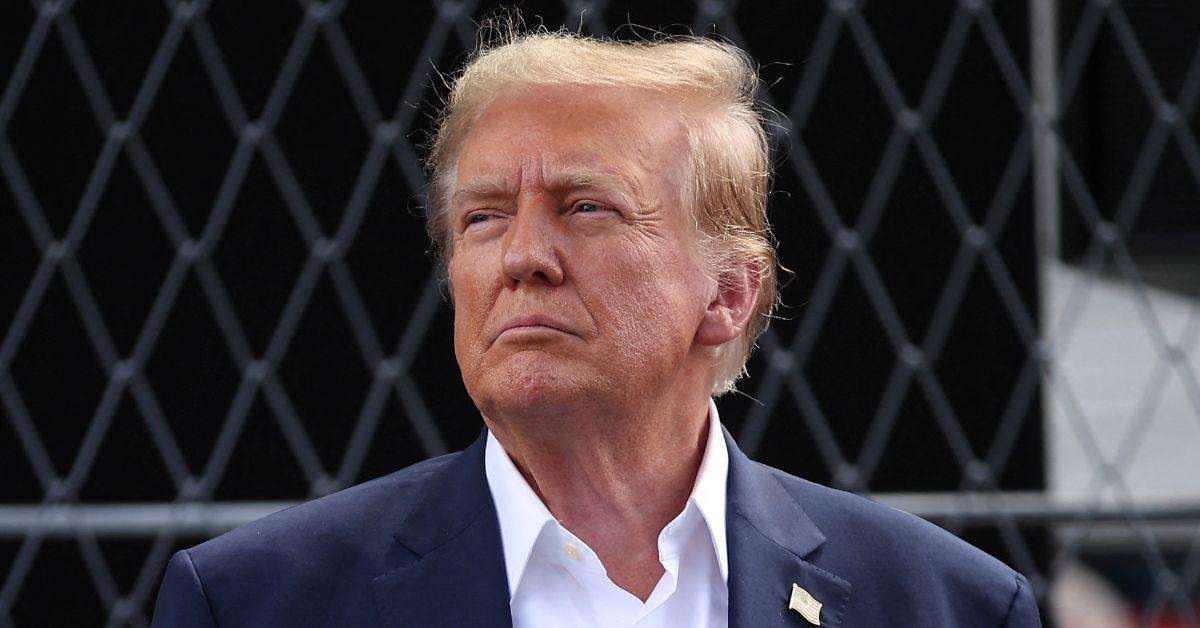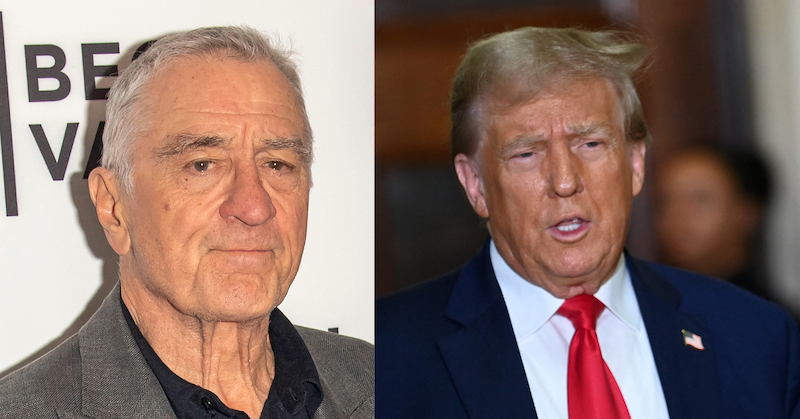Legendary actor and two-time Academy Award winner Robert De Niro received the honorary Palme d’Or at the 78th Cannes Film Festival, recognizing his decades-long contribution to international cinema. In addition to celebrating his career, the moment also served as a platform for the actor to advocate for the arts and democratic values.
De Niro, now 81, was presented the award by longtime collaborator Leonardo DiCaprio, with whom he recently co-starred in Killers of the Flower Moon. The event was attended by De Niro’s partner, Tiffany Chen, and his daughter, Helen Grace De Niro, drawing a warm welcome from attendees at the Palais des Festivals.
Celebrating a Legacy in Cinema
De Niro, whose filmography includes classics such as The Godfather Part II, Taxi Driver, Raging Bull, and The Deer Hunter, is widely regarded as one of the most influential actors of his generation. Cannes organizers praised him not only for his body of work but also for his contributions to the global film industry and the promotion of independent cinema.
“Robert De Niro is a symbol of cinematic excellence,” said festival director Thierry Frémaux. “We are honored to recognize his enduring impact on filmmaking around the world.”
De Niro’s Call to Support the Arts and Democracy
During his acceptance speech, De Niro used the global stage to highlight the connection between creative expression and democratic values. Without naming individuals directly, he criticized recent developments that he believes undermine support for the arts and education.
“In my country, we are working hard to protect the democracy that supports free artistic expression,” he said. “The arts flourish where democracy thrives.”
De Niro expressed concern about reduced public funding for the arts, calling it a shared global challenge, not just one limited to the United States.
“These cuts don’t just affect America. The global cultural landscape suffers when we do not support creativity and education.”
Remarks on Cultural Policy and Public Discourse
De Niro briefly referenced recent U.S. policy decisions, including proposed increases in tariffs on foreign films and reports of changing leadership at cultural institutions. While he did not name former President Donald Trump directly, his speech echoed previous public comments he has made about the importance of preserving open dialogue in democratic societies.
“We cannot simply sit back and watch. Like a film, life requires participation, passion, and engagement,” he said. “We need to support freedom of thought, freedom of speech, and the institutions that promote them — especially in the arts and education.”
Mixed Reactions to the Speech
The actor’s remarks sparked discussion online and in the media. Many commentators praised his commitment to creative freedom and cultural advocacy. Social media platforms such as X (formerly Twitter) and Instagram featured a mix of praise and criticism, reflecting the polarized nature of public discourse.
A clip of De Niro’s speech posted by Reuters quickly went viral, garnering over a million views within 24 hours. Comments ranged from “A powerful voice for the arts” to more critical takes questioning the role of actors in political discourse.
De Niro’s Ongoing Advocacy
De Niro has long been an advocate for causes related to arts funding, civil liberties, and public education. He co-founded the Tribeca Film Festival in 2002 to support independent filmmakers and promote storytelling in the wake of 9/11.
Throughout his career, he has spoken out on various cultural issues, often encouraging public engagement and civic responsibility. His appearance at Cannes continues this tradition, as he used the platform to call for greater investment in creative communities and support for global democratic values.
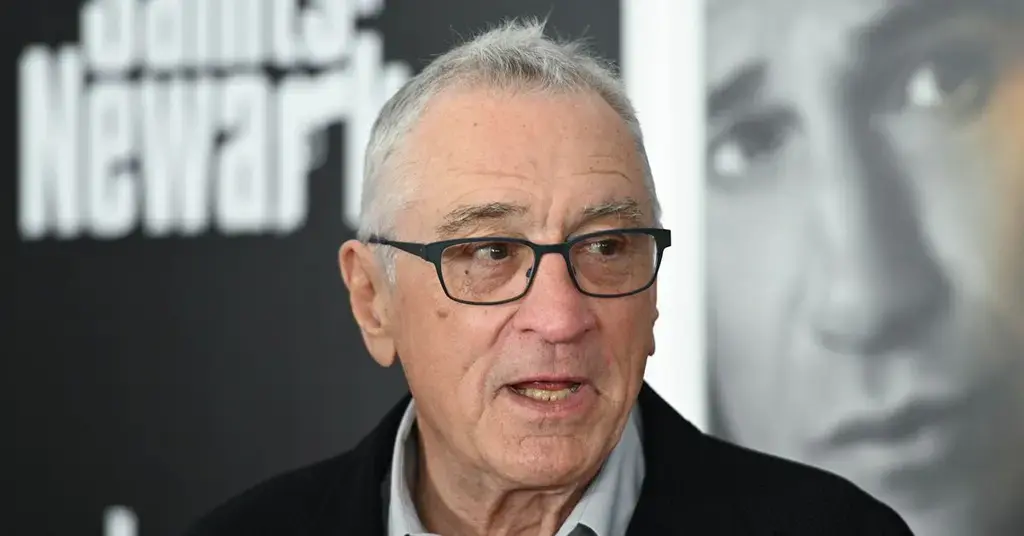
Honored by His Peers
The honorary Palme d’Or is among the highest recognitions in world cinema. Past recipients include Agnès Varda, Jane Fonda, and Tom Cruise. De Niro’s moment at Cannes is seen by many as a full-circle celebration of a life in film, particularly given his previous role as jury president of the festival in 2011.
Presenting the award, Leonardo DiCaprio paid tribute to De Niro’s career:
“Bob has not only shaped the careers of so many actors and directors — he has shaped the art of storytelling itself.”
Final Thoughts
While reactions to Robert De Niro’s speech varied, his presence at Cannes served as both a celebration of his storied career and a reminder of the power of cinema to engage with broader societal themes. His remarks echoed the ongoing conversations about the role of artists in civic life and the responsibility to speak out in defense of cultural institutions.
In an era where the intersection of politics and the arts continues to evolve, De Niro’s speech was a clear reflection of his belief that the freedom to create and express must be protected and nurtured.
Verified Sources:
- Cannes Film Festival – Official Press Kit
- Reuters – De Niro Honored at Cannes
- BBC News – Cannes Film Festival Coverage
- The Hollywood Reporter – Cannes 2025
- Associated Press – Global Culture News
